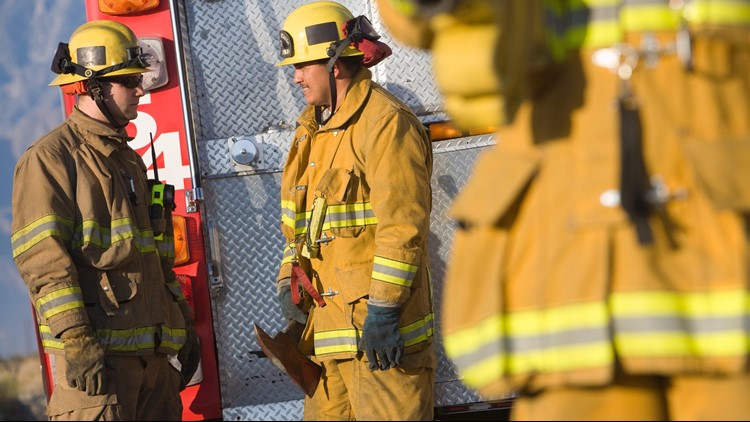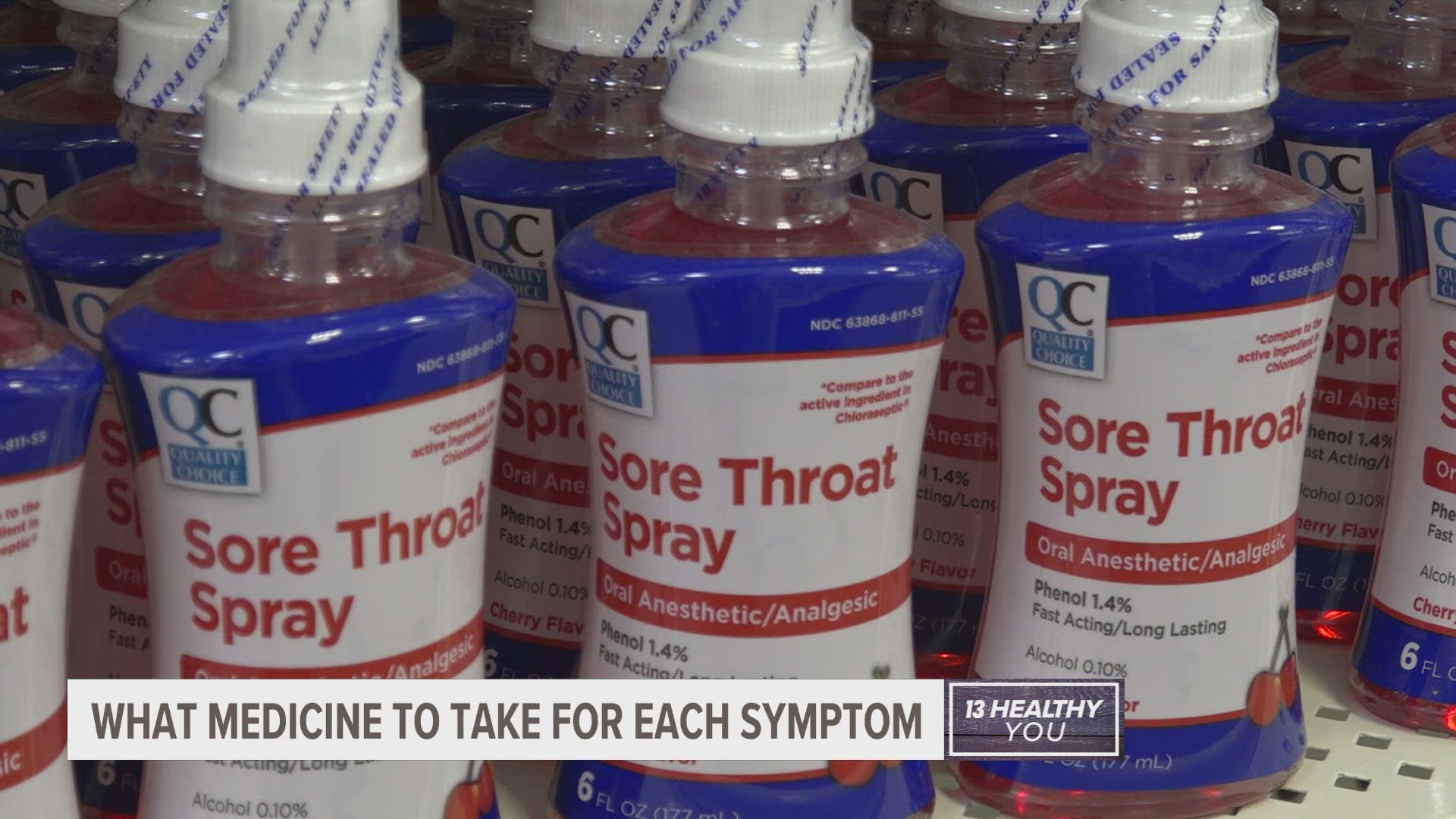KENT COUNTY, Mich. — "We didn't talk about it, we just sucked it up and moved on...but it does damage. It does extensive damage," said James Peyton, a Detroit firefighter and paramedic for 25 years, and now manager for the Frontline Strong program from Common Ground.
Frontline Strong Together came about after first responder unions lobbied the State of Michigan to fund mental health resources for first responders after agency leaders saw a growing need for support.
"We're at a point in time now where we're losing more first responders first with suicide than in the line of duty," said Peyton.
This program is a first-of-its-kind in the state, as it connects responders from every discipline to therapists and mental health professionals who have been first responders themselves, or who understand the unique needs of those on the frontlines.
"You're not speaking to a civilian, you're speaking to a first responder, you're speaking to a brother or sister with that line," said Peyton, as those calling their 24/7 phoneline can remain anonymous, and remain in control of the direction of their call. "They can reach out for anything from SUD help to therapy, or, you know, you got a first responder that just needs to find daycare, any issue they have, we can help them with."
The recent and tragic deaths of deputies in Oakland and Hillsdale counties have further brought forward discussion on the mental strain involved with being a first responder, especially those in departments experiencing such events.
"These are your brothers and sisters, and within the department that it happens in, and also with outside their department, it does damage, because you lost a member of your family," said Peyton. "First responders' lives are filled with stress levels the public can't even imagine."
He adds that in the past few years, they have seen an increase in departments investing in mental health resources, and feeling pressure to end a decades-long stigma within first responder communities that prevented many from reaching out for help for issues such as PTSD, hyper-vigilance, survivor's guilt, moral injury and fatigue.
"We're dealing with a major stigma in the first responder world, and that's that we don't talk about our problems," said Peyton. "It is starting to change, but it needs to change faster."
Peyton further explained that other barriers that impact first responders from accessing mental health care are costs, availability of therapists that understand what first responders go through, and cultural stigma, as Frontline Strong Together seeks to be a bridge.
"There's a lot of denial, and a lot of times with the mental health issues that first responders deal with, you don't even know you're dealing with it. Your family and your friends will see it before you do," said Peyton, adding that they also provide resources for families of first responders who can also be impacted.
"There's a chance that you don't come home, you're going to a dangerous job, and they also see the aftermath of what happens," said Peyton.
Various resources for first responders and their families are available on Frontline Strong Together's website. Their free and confidential helpline can be reached at 1-833-43-STRONG or 1-833-347-8766.
►Make it easy to keep up to date with more stories like this. Download the 13 ON YOUR SIDE app now.
Have a news tip? Email news@13onyourside.com, visit our Facebook page or Twitter. Subscribe to our YouTube channel.
Watch 13 ON YOUR SIDE for free on Roku, Amazon Fire TV Stick, and on your phone.



